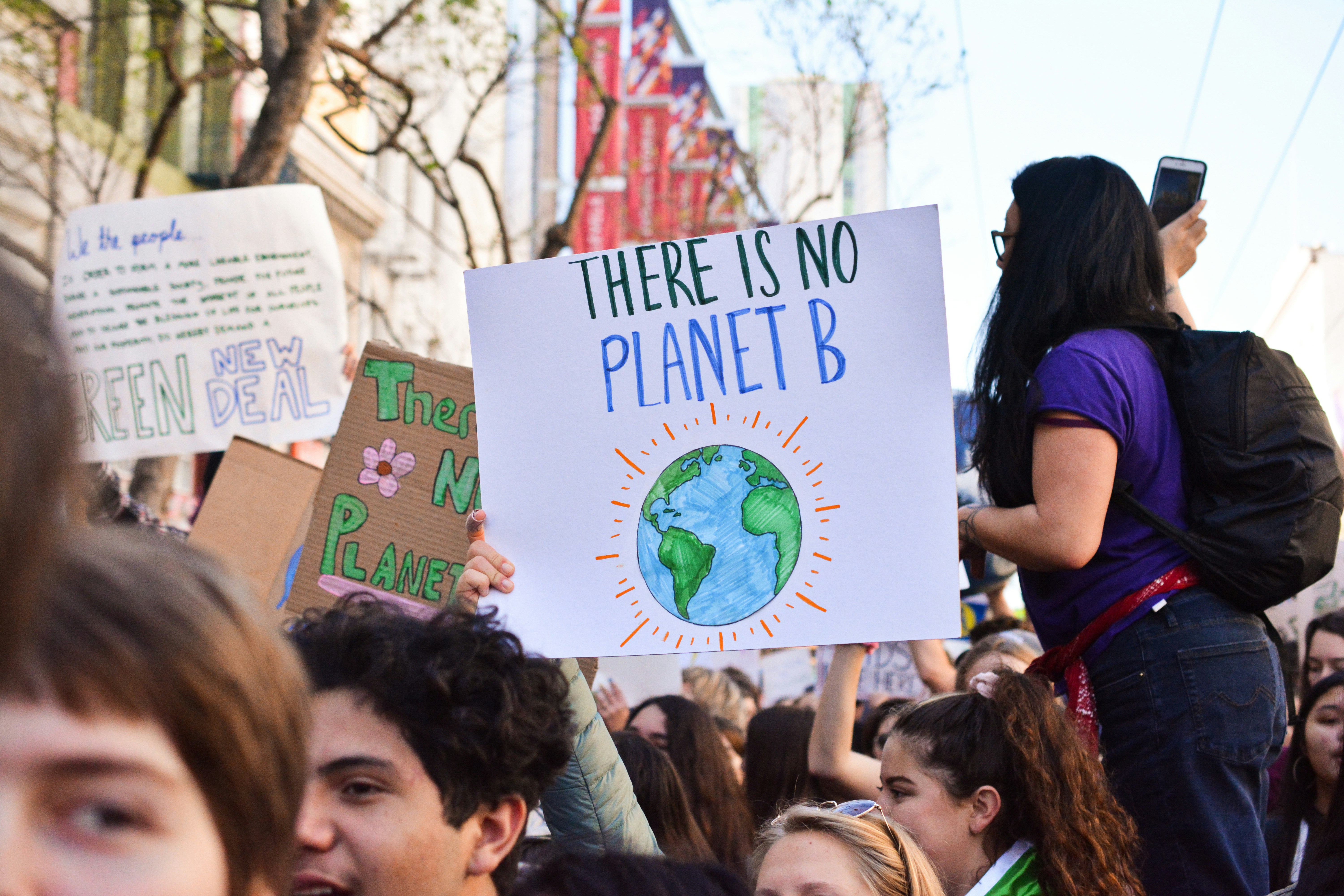Warning Silence: no update on Valentina Corona Case as Italy debates anti-climate protest measures

To this day (May 2025), Italian authorities have provided no official response regarding the case of Valentina Corona, a climate activist and mediator who was detained on 9 July 2024 during a peaceful “Extinction Rebellion” protest in Bologna, which took place during the G7 Ministerial Meeting on Science and Technology (see this article in the Yearbook 2025).
Ms Corona, who did not participate in the protest but was present to mediate between activists and police, was reportedly separated from the group, forced to fully undress for a search, and denied access to a lawyer. She and more than 20 others were held at a police station for seven to eight hours without being formally arrested, raising serious concerns about violations of Italian law and internationally recognised human rights.
Despite a formal communication from UN Special Rapporteurs in December 2024 requesting clarification, the Italian government failed to respond within the 60-day confidential period. The communication was published on the UN Human Rights Special Procedures website on 12 February 2025. In it, the UN experts expressed deep concern over the alleged arbitrary detention and degrading treatment, and called for an independent investigation. They warned that Valentina Corona’s case could have a chilling effect on human rights defenders and climate activists, discouraging them from exercising their rights to freedom of expression, association, and peaceful assembly. The experts reminded Italy of its obligations under the International Covenant on Civil and Political Rights (ICCPR) to protect these rights and to shield activists from reprisals, including arrests, lawsuits, or prosecutions aimed at silencing dissent. No developments have been reported since February 2025, the Italian government adopted a new Security Decree without whole debate in Parliament (see this article in Yearbook 2025). According to UN experts, the decree introduces vague and overly broad measures that could allow authorities to limit protests, use force against demonstrators, and restrict civil society activities. There are particular concerns that these new powers could be used to target peaceful climate activists, human rights defenders, and other groups advocating for social and environmental justice.
Valentina Corona’s case highlights the growing risks climate activists face in Italy. It raises serious doubts about the government’s willingness to uphold human rights, freedom of expression, and the right to peaceful assembly at a time when defending these values is more important than ever.

